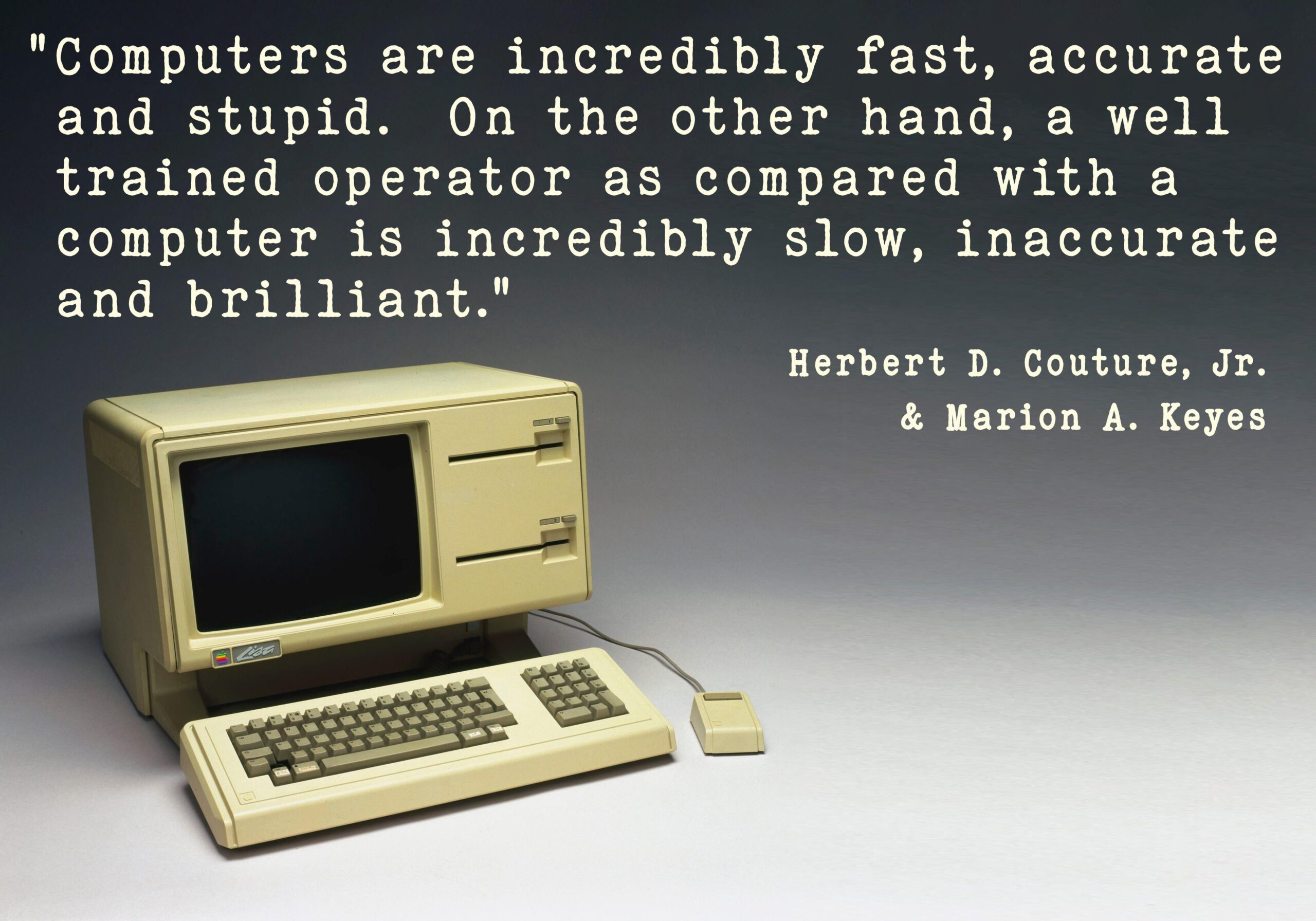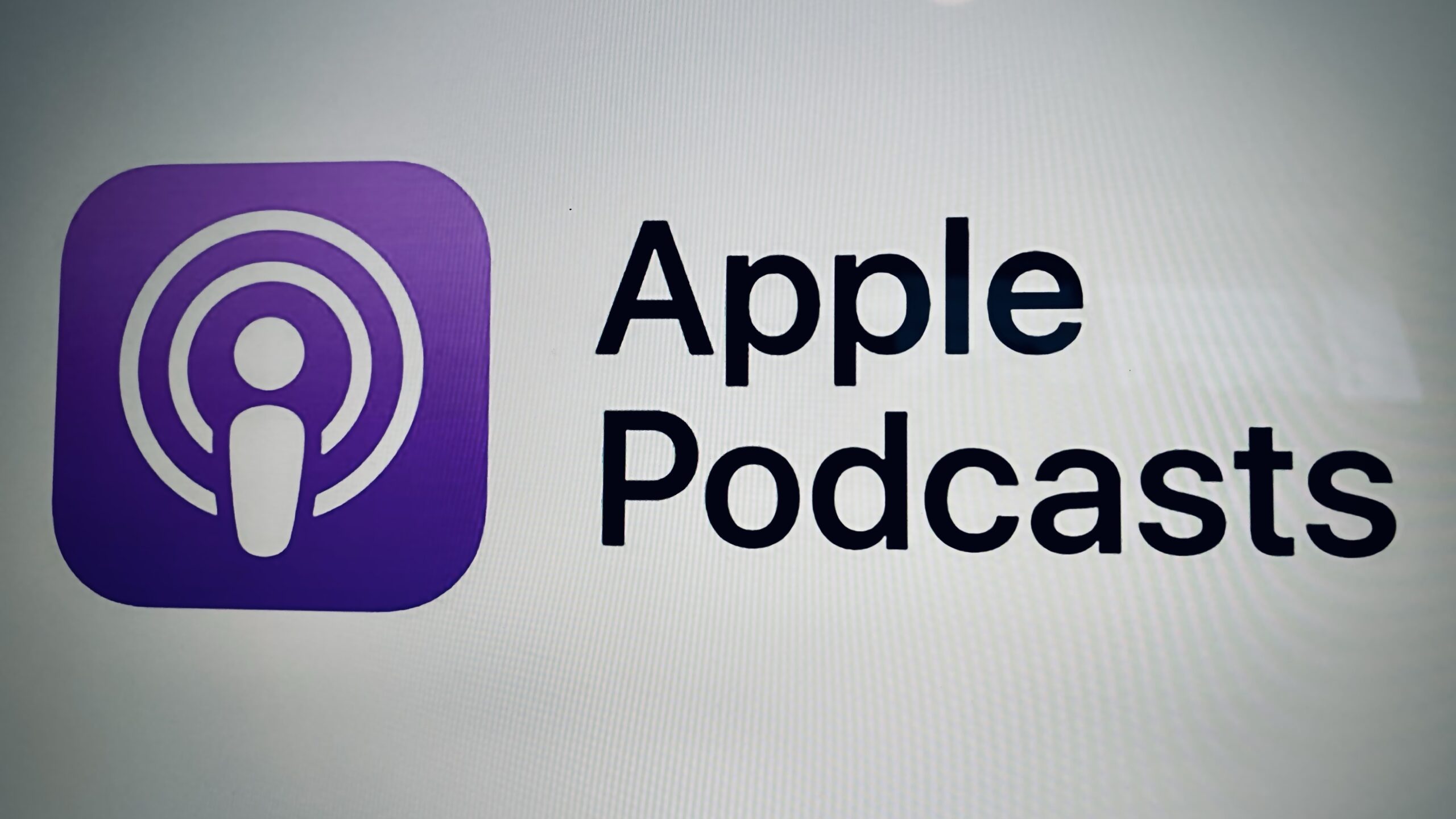Stephen Tipper writing for the Calgary Herald:
Operation Total Recall told Postmedia Monday there have been “extremely widespread complaints” of Lethbridge-East residents being unable to sign up to canvass for the recall campaign team, and numerous people have expressed frustration in social media posts at their inability to reach applicant Ryan Tanner or his team.
The approval of that recall petition last month surprised another group who had already submitted one to Elections Alberta, said Lethbridge-East resident Jeff Milner on Monday. With Elections Alberta approving applicant Ryan Tanner’s petition, the group’s own petition was rejected.
I’m glad to see this issue getting a bit of light but I’m most interested for the verification of rumours that Tanner’s recall is taking direction from Neudorf’s office.







